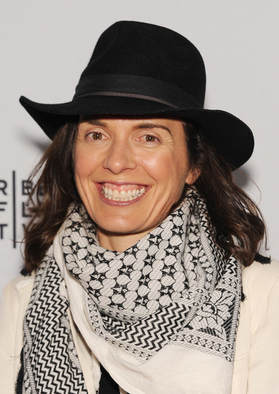
DIANE BELL is a screenwriter and director. Her first feature, OBSELIDIA, premiered in Dramatic Competition at Sundance, where it won two awards, and went on to be nominated for two Independent Spirit Awards. Her second film, BLEEDING HEART, a drama starring Jessica Biel and Zosia Mamet, premiered at Tribeca. Her third feature, OF DUST AND BONES, is currently in festivals. She has written numerous commissioned and optioned scripts, including two with renowned director John McTiernan, director of Die Hard and Predator, and participated in the Sundance Screenwriters Lab. In addition to writing and directing movies, Diane teaches workshops on screenwriting and filmmaking, both in person and online, and is the author of Shoot From The Heart, a guide to successful indie filmmaking, now available from Michael Wiese Productions. Follow her on Instagram @dianebell for daily inspiration and advice on her weekly #filmmaker2filmaker Instagram Live sessions and connect via her website, www.dianebell.com.

